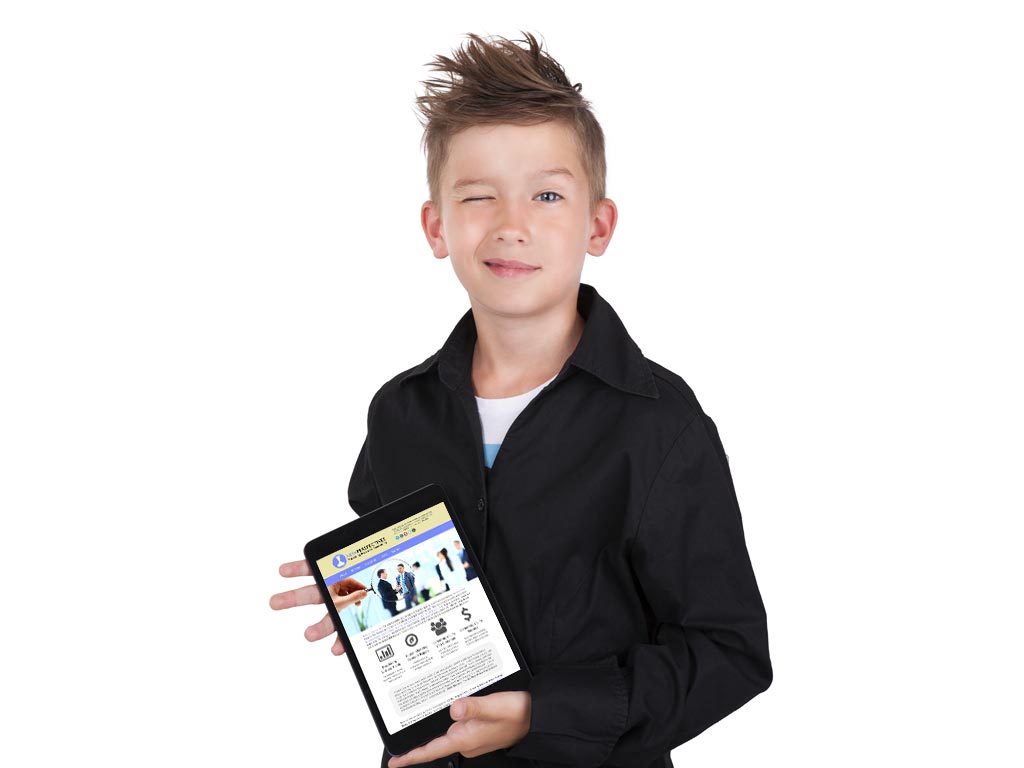A child born in 1995 was entering middle school when the recession hit in 2008. That seminal event was one of several which helped shape the experience of what some are calling “generation Z,” now the largest single demographic (about 26% of the population). Unlike their Millennial, Gen-Y predecessors, the demographic tsunami that is the “Z’ers” are coming of age in a world characterized by uncertain job markets, general austerity and rapid technological innovation.
Who are generation Z’ers? Moreover, how will businesses adapt their marketing approach to tap into this demographic tsunami? Leonard Bershidsky, founding editor of Russia’s top business daily, Vedomosti answers those questions in Bloomberg View. Referencing a study by marketing agency, Sparks & Honey, Bershidsky articulates who the Z-ers are, and what that means for business.

In a Demographic Tsunami, Where Do I Stand?
Z-ers are so tuned in to gadgets—smart phones, laptops, tablets and more—that they often don’t know precisely where they are. They are spending more than 40% of their waking hours outside of school on a computer, this vs. 22% just a decade ago. If you get lost and need directions, best to steer away from a Z-er, who, in response to your “how do I get to X?” might well respond, “Gee, I’m not sure. Where exactly are we?”
What Was Your Question?
If Millennials had a problem with attention span, Z-ers appear to have attention deficit on steroids. More than one in ten has been clinically diagnosed with ADD, up from less than 8% ten years ago. Their attention span has been measured at a paltry 8 seconds. Theirs is a world filled with texting abbreviations, acronyms and Emoji, a language still somewhat obscure to many marketing pros, who will need to learn its nuances if they want to communicate effectively with this rising tide.
It’s an Anonymous, 3D Universe
The world in two dimensions has gone the way of the Dodo. Z-ers live in a 3-dimensional world, and one in which anonymity is increasingly valued. According to Bershidsky:
“That’s why the new Amazon smartphone with a 3D screen, expected to be revealed today, should fly with GenZ consumers. They also have a new concept of privacy, choosing anonymous and ephemeral communication tools such as SnapChat, Secret and Whisper. Their concept of a social network is not Facebook, which they are leaving in droves (25 percent of Z-ers have quit their parents’ and older siblings’ network in 2014), but perhaps Facebook’s new Slingshot app, with a more dynamic newsfeed that doesn’t store content.”
When I Grow Up, I Want to Be a…
If Boomers, X-ers and Y-ers are concerned about keeping their jobs, Z-ers are concerned about getting one. Theirs is a world populated by the unemployed and under-employed, by one or both parents out of work at some point in their childhood, by older brothers and sisters returning to the family home after college. Not surprisingly, more than three of every 5 Z-ers say they want to be “entrepreneurs” in some fashion, rather than more traditional employees. Their aspirations are high, with almost 40% expressing a desire to “invent something that will change the world.”
I Have a Dream
Boomers spent their formative years with “Ozzie and Harriet.” Z-ers were weaned on “Will and Grace.” And they’re leaving their teen years watching state after state approve gay marriage and viewing TV ads which feature interracial couples. For Z-ers, more than any previous generation, tolerance is the rule, not the exception. They have fewer prejudices and are less concerned about traditional gender roles.
Marketing professionals will, sooner or later, need to adapt to this new reality if they hope to remain relevant, and that means keeping research current and relevant. For more information about ways to keep your business on top of these and other demographic trends, contact us today.


